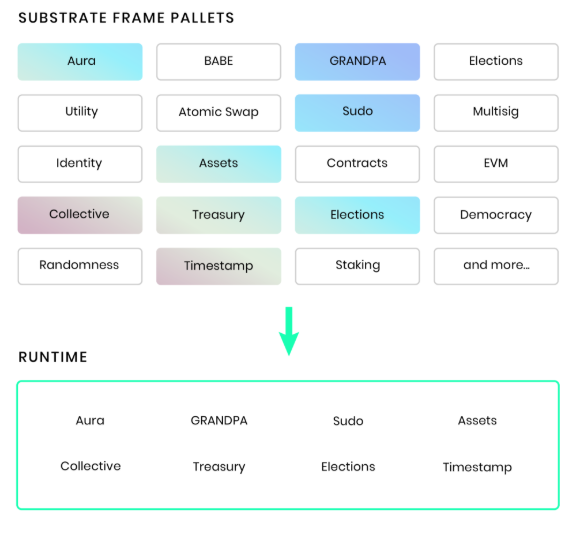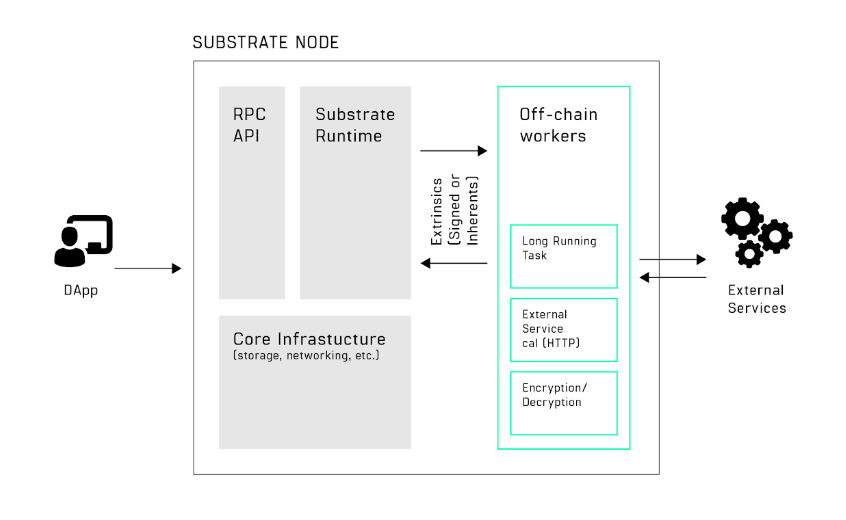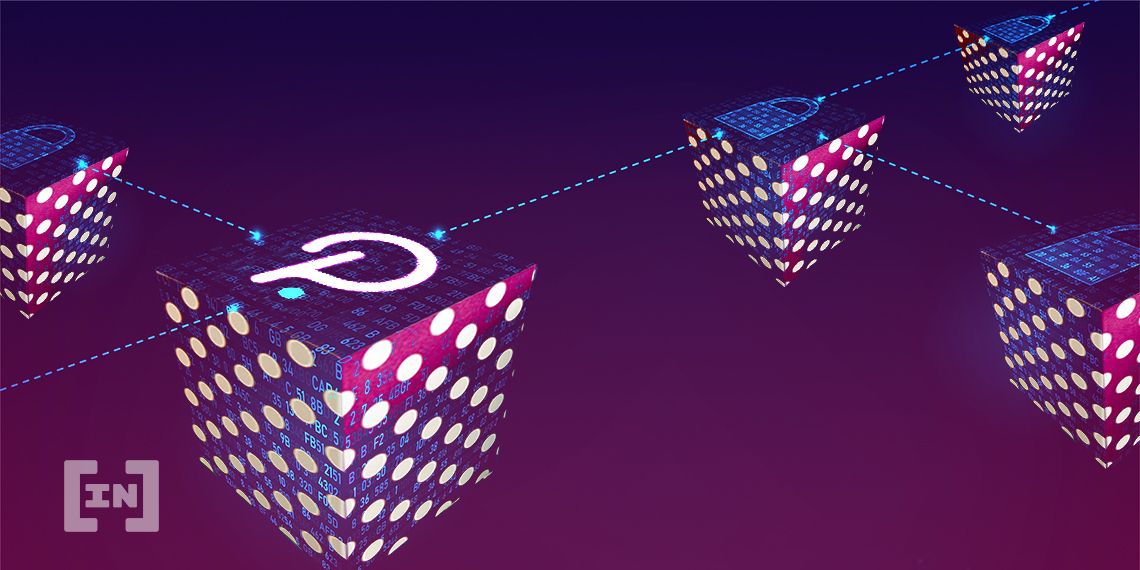Parity Technologies, the company behind blockchain protocol Polkadot, has released Substrate 2.0. This new technology aims to make building custom blockchains easier.
In a blog post published on Sept. 23, Parity communications manager Phil Lucsok explained the bells and whistles of Substrate 2.0. The post claims that these new tools give developers easy access to all the functionality of a Web 3.0 blockchain.
The aim of Substrate 2.0 is to help developers build their own blockchains, with Polkadot and Kusama already running Substrate 2.0. Polkadot took the blockchain world by surprise when it surged into the crypto Top 10.
Co-founder of Parity Gavin Wood believes that these different blockchains will be able to communicate with one another. For example, Kusama, which acts as a sort of live testnet for Polkadot, is set to be able to seamlessly exchange information with Polkadot, even though they are different blockchains.
With the advent of these new tools, specific aspects of each blockchain could communicate as well. For example, users could exchange identities but not wallet balances across chains.
New Toys

On-Off Chain and IoT

Top crypto platforms in the US
Disclaimer
In adherence to the Trust Project guidelines, BeInCrypto is committed to unbiased, transparent reporting. This news article aims to provide accurate, timely information. However, readers are advised to verify facts independently and consult with a professional before making any decisions based on this content. Please note that our Terms and Conditions, Privacy Policy, and Disclaimers have been updated.
Harry Leeds
Harry Leeds is a writer, editor, and journalist who spent much time in the former USSR covering food, cryptocurrencies, and healthcare. He also translates poetry and edits the literary magazine mumbermag.me.
Harry Leeds is a writer, editor, and journalist who spent much time in the former USSR covering food, cryptocurrencies, and healthcare. He also translates poetry and edits the literary magazine mumbermag.me.
READ FULL BIO
Sponsored
Sponsored

